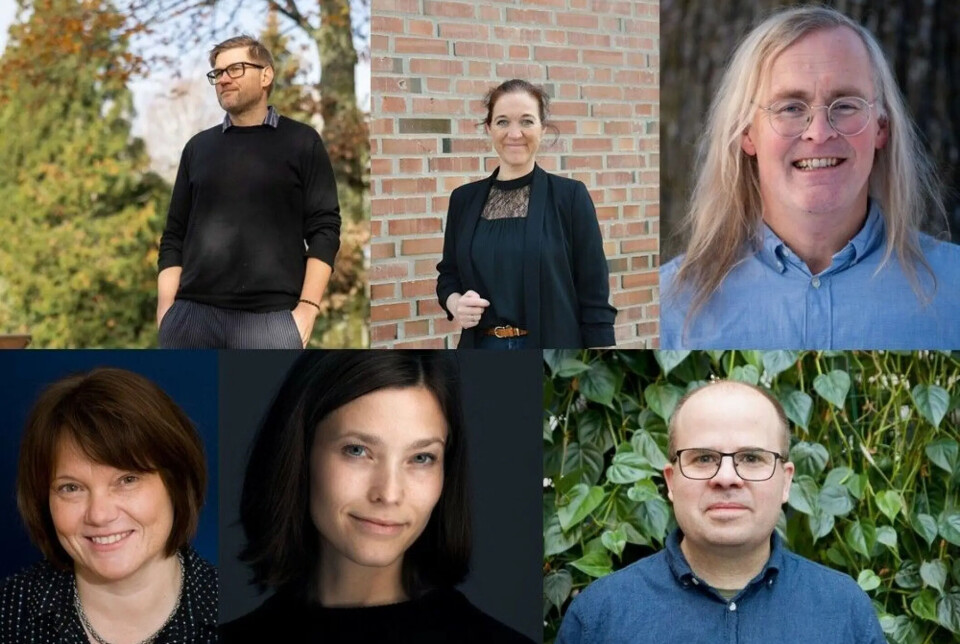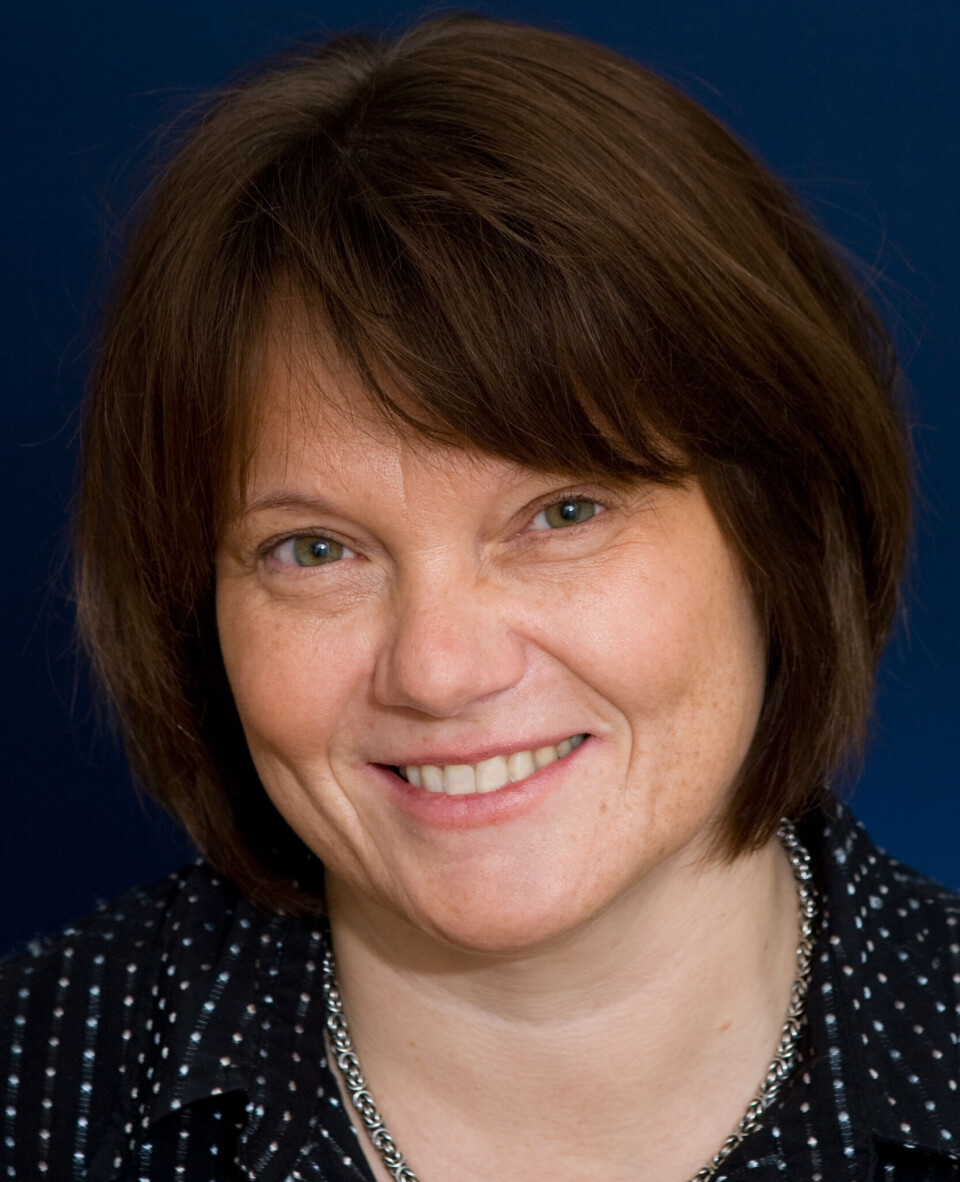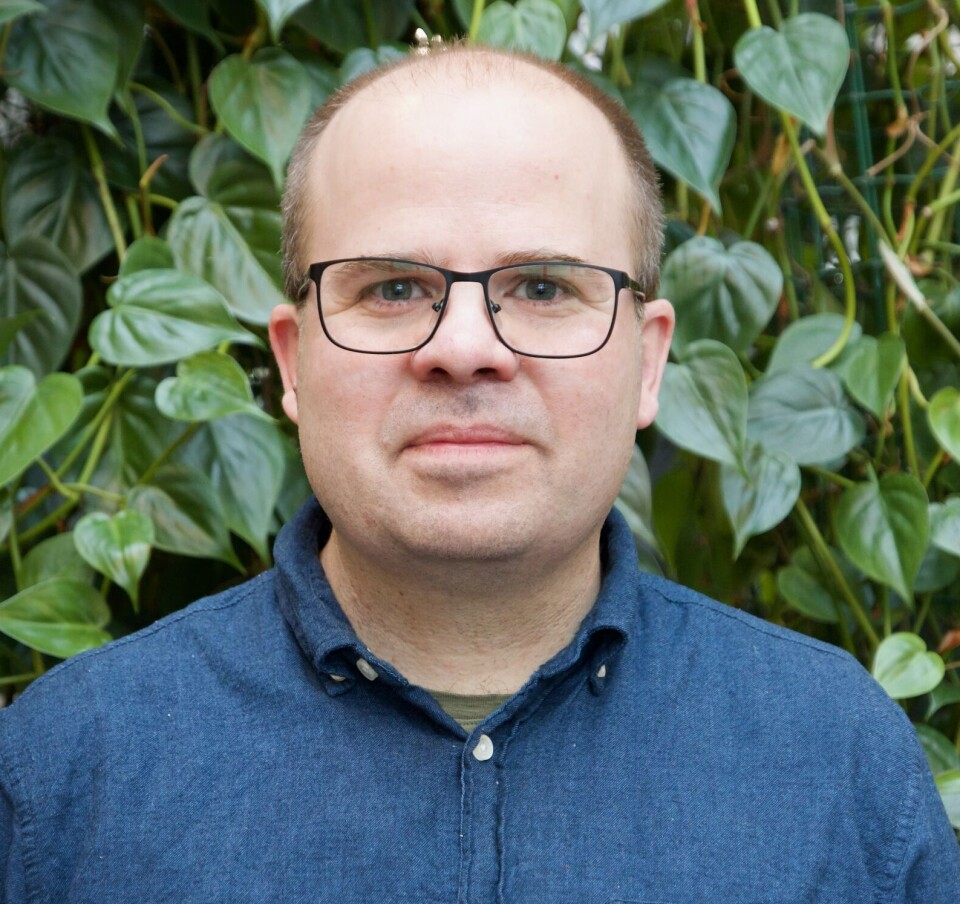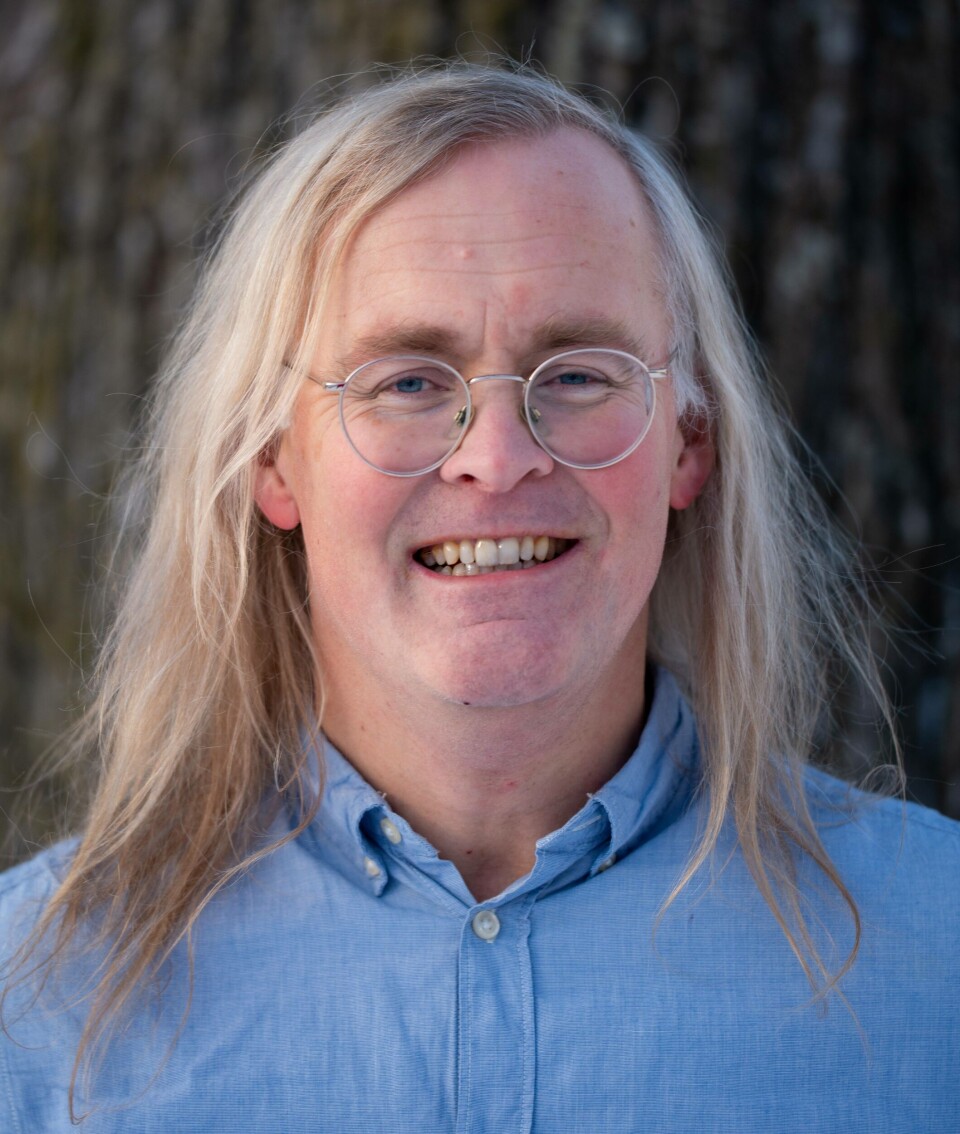THIS CONTENT IS BROUGHT TO YOU BY THE University of Agder - read more
In uncertain times, many are worried about the future. What should we do?
There is more light in the world than we realise, says a researcher. Six experts share their best advice on how to deal with uncertainty.

For many, the future seems more uncertain than it has in a long time. Society is polarised, interest rates are high, there is war in Europe, and the climate crisis is worsening.
How should we even begin to deal with all of this?
We reached out to various academic experts at the University of Agder and asked them to share some advice.
The neuroscientist: "Not great news"
Our brains work very hard to predict what is likely to happen. We can thank evolution for this:
Animals and humans who are able to prepare for crises naturally have an advantage over those who are caught off guard every time something goes wrong.
When the brain detects that it has predicted something incorrectly, it begins the process of updating its model of the world to increase the chances of getting it right next time.
“If the world is too unpredictable for the brain to form a model of, it will remain in constant alertness for negative events and potential threats. Over time, the brain may give up trying to find patterns and end up in what we call learned helplessness,” says neuroscientist Hanne Stensola.
She adds that a little uncertainty is useful because it forces the brain to learn. But here she is referring to situations like taking a holiday to a new destination.

Too much unpredictability, on the other hand, is detrimental to the brain.
But we can't exactly choose a safer global situation. So, what do we do in the meantime?
Maybe we can learn from children.
Forgetting is an important ability
“We often think that children are so adaptable because they learn much faster than adults, but a big part of it actually comes down to how quickly children forget as well. It’s an important trait to be able to forget connections that are no longer valid,” says Stensola.
Neuroscientists have shown that rodents who are physically active develop more brain cells and new connections in the brain. This makes their brains more flexible – somewhat like a child’s brain.
“It’s hard to say whether this is directly transferable to humans. But physical activity is definitely positive for stress management and cognitive abilities such as memory,” she says.
In other words, a walk certainly won’t hurt.
The health researcher: "Be kind to yourself"
A walk in nature is also something health researcher Anita Øgård-Repål recommends.
“In a world marked by conflicts, natural disasters, and pandemics, it's important to take care of your mental health. Prioritise self-care by getting enough sleep, eating healthily, and staying physically active,” she says.
Another useful approach could be to limit media consumption at times to avoid an overload of negative news.

“We know that the feeling of isolation is intensified in troubled times, so it can be helpful to maintain social activities with friends and family,” she says.
A final piece of advice is to develop new skills or hobbies that provide a sense of accomplishment. This can help distract us from some of our worries.
“Be kind to yourself and remember that it's completely normal to experience stress in troubled times. In fact, it’s to be expected,” she says.
The sociologist: "An opportunity to think differently"
There’s hardly anything new about feeling that the world is on the brink of collapse. One could even say that the social sciences were born when the class-based society of the Middle Ages collapsed, sociologist Alexander Ruser reminds us.
“Uncertainty or crises can be understood as the destruction of social patterns, networks, or norms and rules. Gender roles, economic relations, political alliances, the roles of the church, family, and state can change. So can ideas of justice, inclusion or equality. This often leads to fear, and even anger and hatred,” he says.
However, such changes also provide the opportunity to create new rules, roles, and institutions. Sociologists like Karl Marx in the 19th century and Ulrich Beck in the 1990s have always seen uncertainty and risk as an opportunity, Ruser explains.

“What we think of as uncertain times is a good opportunity to examine what seems to be lost. Do we want to keep the economy as it is? Are political alliances still relevant? What kind of society do we want to live in? And who exactly are we referring to when we say ‘we’?” he says.
Ruser notes that there is no guarantee that everyone will like the new solutions that emerge. However, he points out that it was the uncertainties of the 1960s that paved the way for gender equality, as well as environmental and peace movements in Europe.
“Uncertain times are an opportunity for new ideas. These ideas will certainly not lead to an ideal, better future in every way. But uncertainty is necessary to spark debates about the future,” he says.
The economist: "Be reasonable"
After this pep talk about participatory democracy, we need to bring the discussion back to the personal level. Economist Ellen Katrine Nyhus recommends common sense when thinking about finances in the time ahead.
“Financial security is, in many ways, about welfare: material security, but also higher quality of life because it eliminates worries that, in the worst case, can negatively affect health,” she says.

She has two clear pieces of advice:
- Have a financial buffer.
It should be large enough to handle unexpected expenses or a temporary reduction in income. The more things you own that can break and the more people you support, the larger the buffer should be. Consider following government advice to keep part of the buffer in cash. - Reduce debt.
Especially if you have to spend an inordinate amount of your income on interest and repayments. First and foremost, you should get rid of consumer debt, but also take a look at other debts and assess if they are high enough that you would be vulnerable if something unforeseen were to happen.
The theologian: "Religion can be a resource"
Religion takes on greater significance in many people’s lives during crises and troubled times, says theologian Bjarte Leer-Helgesen.
“Crises and uncertain times can make existential questions more important in everyday life. Many seek comfort and security in their own religion or worldview,” he says.
Leer-Helgesen mentions an international study of 9,000 Muslims during the Covid-19 pandemic. It found that they read the Quran more frequently and engaged in more prayer sessions than usual. The effect was greatest among those who experienced negative consequences such as mental health issues or loss of income.

“The religious field is far too diverse to make any definitive statements about religion as a resource for coping with uncertain times. For one, the religious rhetoric of powerful figures often contributes to exacerbating unrest,” says Leer-Helgesen.
He highlights how the patriarch of the Russian Orthodox Church refers to the war in Ukraine as a holy war in which Russia is defending its spiritual territory.
“If I were to venture to make a general statement about religion as a resource in uncertain times, I would point to two things. First, many people turn to religion for comfort and security. And second, religion can be a resource in the fight against injustice. The key here is to draw on resources from one's own faith or worldview to actively participate in the fight for a more just world,” he says.
Leer-Helgesen also mentions theologian Sturla Stålsett, who has written about human vulnerability as an ethical resource in turbulent times.
The philosopher: "There is more light in the world than we realise"
We leave the final words to philosopher Odin Lysaker.

“There are many events in the world today that make it natural to feel a sense of darkness. For me, the ecological crisis is the most significant reason. This crisis is acute, and also existential. It’s about life and death, both for human nature and the rest of nature. Ultimately, the darkness from the ecological crisis is planetary. In other words, it spreads across the entire Mother Earth,” he says.
But does it help to do something about such large problems?
“My answer to that question is a resounding yes. One thing is that it's too late not to do something to slow down the ecological crisis. We have no time to lose. Another side is that when the world is at its darkest, everything will turn – sooner or later. Just like the seasons and the rhythm of the day change from darkness to light, I am convinced that this will also happen with the ecological crisis and all other darkness we feel,” he says.
Lysaker believes there is more light in the world than we realise.
“In facing this new beginning, it's crucial that we all roll up our sleeves, open our hearts and stand ready,” he says.
References:
Akers et al. 'Hippocampal Neurogenesis Regulates Forgetting During Adulthood and Infancy', Science, vol. 344, 2014. DOI: 10.1126/science.1248903 (Abstract)
Yildirim, A.K. The Impact of COVID-19 on Muslim’s Religious Lives, Mental Health and Views of Government, Rice University’s Baker Institute for Public Policy, 2023. DOI: 10.25613/4HVP-WW79.
———
Read the Norwegian version of this article on forskning.no

This content is paid for and presented by the University of Agder
This content is created by the University of Agder's communication staff, who use this platform to communicate science and share results from research with the public. The University of Agder is one of more than 80 owners of ScienceNorway.no. Read more here.
More content from the University of Agder:
-
Fear being rejected: Half pay for gender-affirming surgery themselves
-
Study: "Young people take Paracetamol and Ibuprofen for anxiety, depression, and physical pain"
-
Research paved the way for better maths courses for multicultural student teachers
-
The law protects the students. What about the teachers?
-
This researcher has helped more economics students pass their maths exams
-
There are many cases of fathers and sons both reaching elite level in football. Why is that?




































